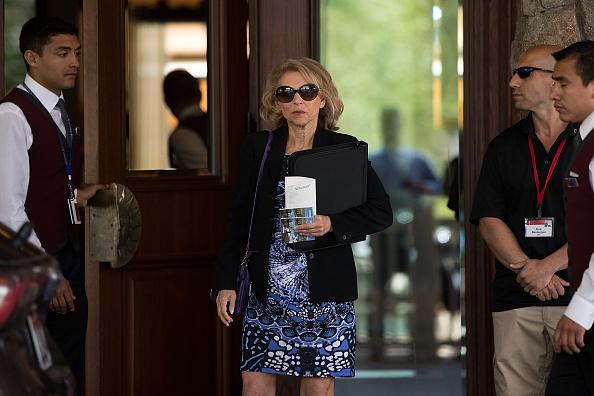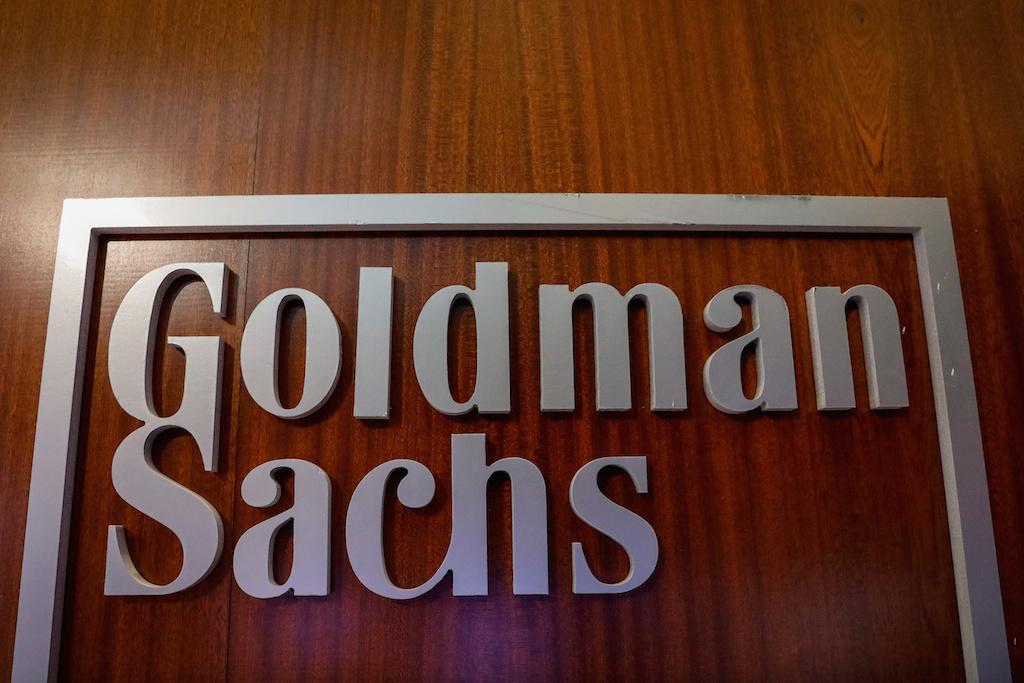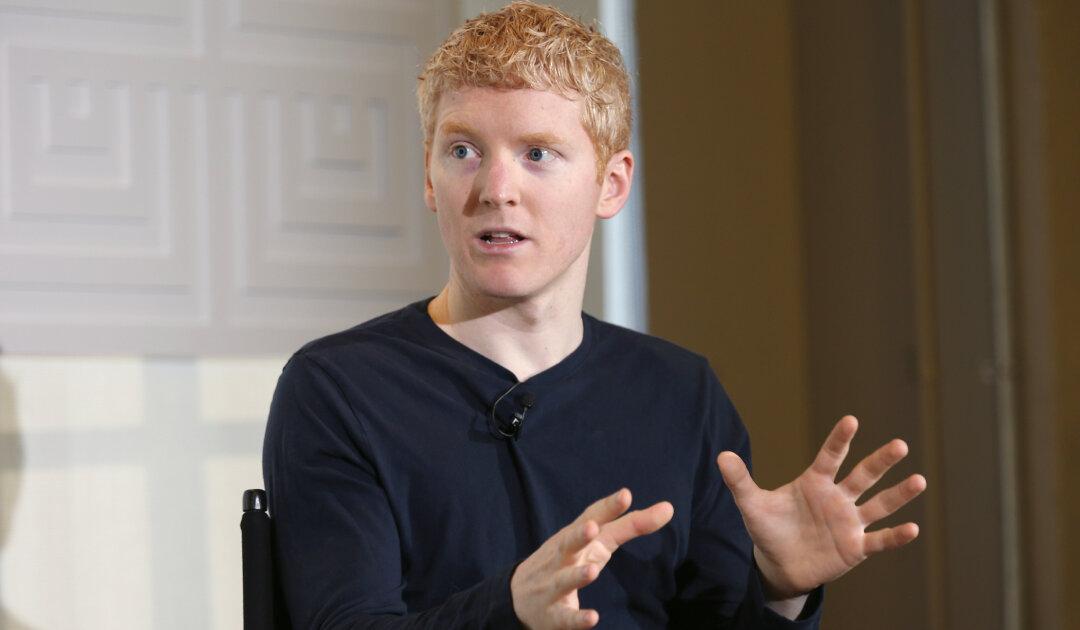After watching her father buy and sell more than a half-dozen companies over several decades, Shari Redstone has seized the opportunity to forge her own reputation as a media baron.
Redstone neutralized the threat to her family’s control over CBS Corp. this past weekend by settling a legal fight with the broadcaster’s board. At the same time, the ouster of longtime Chief Executive Officer Les Moonves—who resigned over accusations of sexual harassment by a dozen women, including allegations of assault—eliminated a key foe and gives Redstone a chance to pick a new leader.




